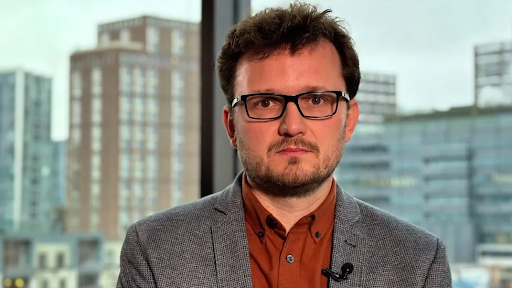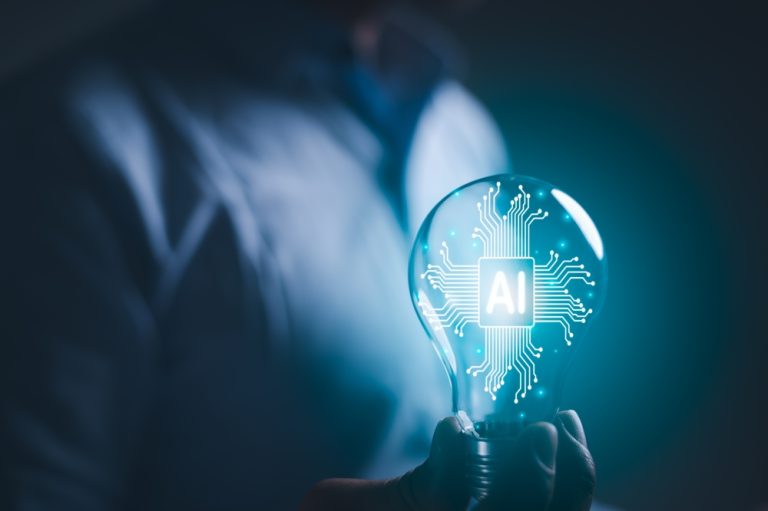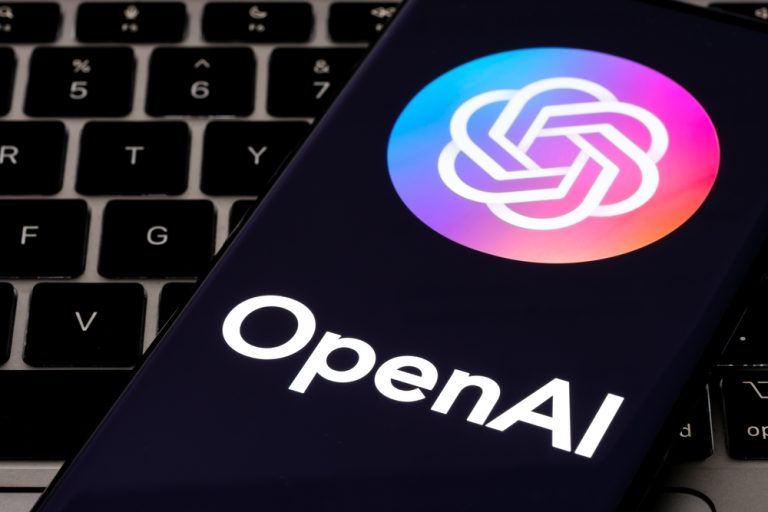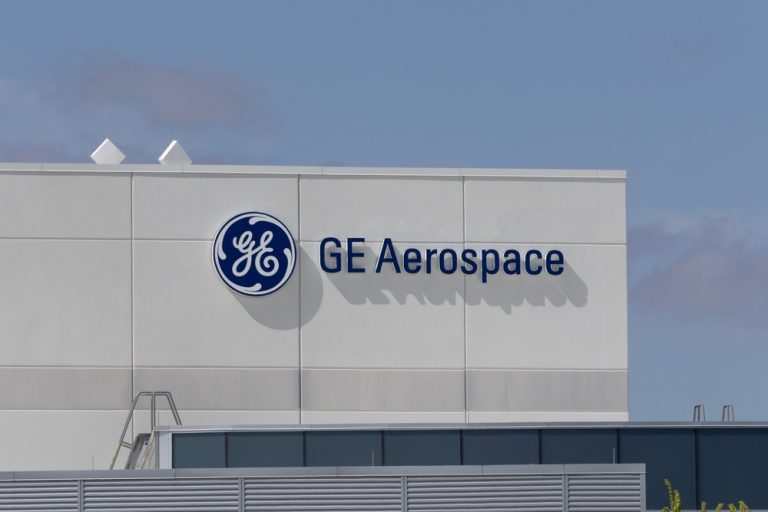In a revealing interview with the BBC, former Tesla employee Lukasz Krupski cast significant doubt on the safety of Tesla’s self-driving technology. Krupski, who leaked substantial internal data, including customer complaints, to Handelsblatt, a German newspaper, expressed his concerns about the readiness of Tesla’s autopilot service for public roads. Despite the high praise from CEO Elon Musk, who claimed “Tesla has by far the best real-world AI,” Krupski’s revelations suggest a troubling undercurrent beneath these claims.
Lukasz Krupski’s concerns stem from his observations and the internal data he accessed while working at Tesla. He alleged that Tesla’s technology, mainly autonomous driving and assisted steering, needs to be sufficiently developed for safe operation on public roads. This perspective challenges the positive narrative often presented by Elon Musk, a vocal advocate of Tesla’s self-driving capabilities.
Krupski’s decision to go public with his concerns was not taken lightly. He described the last six months as “terrifying,” mentioning sleepless nights and a sense of duty to public safety. His revelations have caught the attention of various regulatory bodies, including the US Department of Justice and the National Highway Traffic Safety Administration. They are investigating Tesla’s claims about its autopilot system.
The data leaked by Krupski referred to as the “Tesla Files,” encompassed around 100GB of internal information, revealing customer complaints about random vehicle braking and other issues. This disclosure led to recognition from the Blueprint for Free Speech Whistleblowing Prize, highlighting the significance of his actions.
The implications of Krupski’s claims extend beyond Tesla, raising broader questions about the readiness of AI-driven technology in vehicles. Jack Stilgoe, an associate professor at University College London, pointed out that this situation serves as a “test case” for AI on public roads, emphasizing the need for comprehensive legal frameworks to address the unique challenges posed by autonomous vehicles. The UK Government’s announcement of an Automated Vehicles Bill is a step towards addressing these challenges.
The controversy surrounding Tesla’s self-driving technology, as brought to light by Lukasz Krupski, underscores the complexity and potential risks of deploying AI in critical areas like automotive transportation. While technological advancements promise a future for autonomous vehicles, Krupski’s experience and subsequent investigations reveal the necessity of cautious and informed progression in this field. AI-driven vehicles’ safety and reliability remain paramount as the world watches how Tesla and regulatory bodies respond.
























+ There are no comments
Add yours